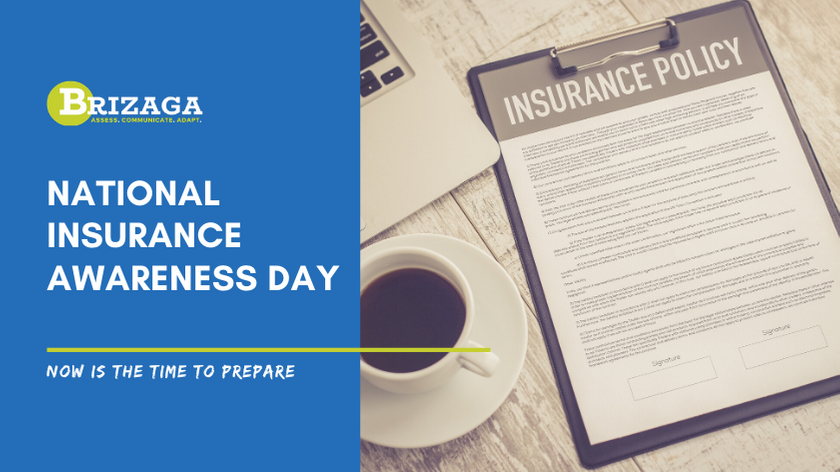
Today, we celebrate National Insurance Awareness Day to help recognize the importance of insurance, and provides a good annual reminder to review your insurance policies and needs. Specifically, there is place for flood insurance amidst our rapidly changing climate. Citizens adopt the usage of all types of insurance within their daily lives; ranging from health, life, and car insurance, these methods of risk management aid individuals in having a safety net in place prior to an unexpected or potentially devastating event.
Flooding is one of the costliest and deadliest natural disasters that is present in the United States, tragically and quickly destroying upon most of what it touches. As sea levels rise, and king tides and heavy rainfall become more prevalent, obtaining flood insurance to protect your property is an increasingly viable option for self-protection. The National Flood Insurance Program (NFIP), developed under the Federal Emergency Management Agency, allots for homeowners, business owners, and renters to apply for flood insurance. In South Florida where heavy rainstorms can be a daily summertime occurrence, by obtaining flood insurance you are ensuring that when damage occurs from flooding, you will be able to rebuild and replace.
The program works by ensuring that if your valuable belongings are damaged, you would be economically compensated to be able to replace the damages caused by flooding. This is represented by picking either or both types of coverage – contents coverage and building coverage. For example, the building coverage prioritizes funding for replacement objects such as electrical or plumbing systems, whereas the contents coverage protects items such as your washer and dryer or a microwavable oven. Additionally, after making a decision on obtaining flood insurance, the next step would be to check to see if your home or business falls within the NFIP coverage range. One of the primary ways to check to see if you are eligible for insurance is to see if your home or business falls within a NFIP Participating Community, Emergency Program, Regular Program, Federal Land, or a Community on Probation. If all factors favor you in obtaining flood insurance, then you may contact an insurance agent to further assess the best course of action. There is also a burgeoning private market, but be sure to talk to a licensed insurance agent to understand the costs and benefits of a non-NFIP policy.
Visit https://www.floodsmart.gov to learn what is covered and to view flood maps, but remember that anywhere it rains it can flood, and if you live in Florida, you have flood risk.
